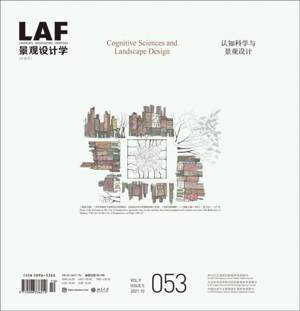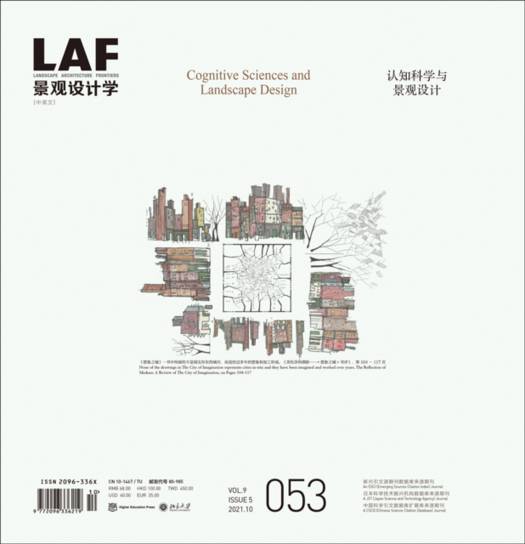
- Retrait gratuit dans votre magasin Club
- 7.000.000 titres dans notre catalogue
- Payer en toute sécurité
- Toujours un magasin près de chez vous
- Retrait gratuit dans votre magasin Club
- 7.000.0000 titres dans notre catalogue
- Payer en toute sécurité
- Toujours un magasin près de chez vous
Description
Environmental information and responses are processed very fast to support quick decision making in relation to people's survival and benefits. Environmental Psychology explains the environmental types people prefer and why certain environments make people feel, for example, anxious or excited. Understanding people's emotional responses to the environment facilitates, or "nudges" (a term usually used in the inter-discipline of Psychology and Behavioral Economics), users to act or make choices as desired. Moreover, research on attention in cognitive sciences can also inform designers: by controlling the spatial elements and intangible elements (such as light and sound) to minimize environmental disturbance or noise, users' attention can be directed to specific elements, element combinations or series. During this process, users' specific emotional memories or symbolic implications are activated, which augments desired feelings and experiences.
This issue explores the mechanism of how landscape design affects users' feelings, experiences, and behaviors, as well as usability, by introducing theories, knowledge, and research methods and findings in Cognitive sciences, psychology, neurobiology, and computer science, so as to support landscape architects' decision making.
Spécifications
Parties prenantes
- Auteur(s) :
- Editeur:
Contenu
- Nombre de pages :
- 152
- Langue:
- Anglais
- Collection :
Caractéristiques
- EAN:
- 9781957183084
- Date de parution :
- 18-10-22
- Format:
- Livre broché
- Format numérique:
- Trade paperback (VS)
- Dimensions :
- 279 mm x 290 mm
- Poids :
- 680 g

Les avis
Nous publions uniquement les avis qui respectent les conditions requises. Consultez nos conditions pour les avis.






